 A Good Meal After A Hard Night's Work
A Good Meal After A Hard Night's WorkDirector Herman Yau has achieved a cult following thanks to films like The Untold Story and Ebola Syndrome which will forever be synonymous with him. However, it must be noted that his filmography goes beyond these cult classics and exploitation of gore and sexual violence. In his previous movie On The Edge, it presented a decent aftermath of sorts into a popular sub genre of Hong Kong crime thrillers - that of undercover cops (thanks to the wildly popular Infernal Affairs movies) and a take on their story after a successful sting.
In Whispers and Moans, Herman Yau turns the spotlight on the Hong Kong sex industry. Easy fodder for a Category III movie, but Herman had other plans, instead of the usual cheap skin flicks that come to mind. Based on a book by co-writer Yang Yee-shan, which contains true life accounts of workers from the industry, Herman has weaved them into a coherent narrative, spanning 10 days in which frank discussions and observations of the industry are played out - as per the Chinese title of the movie, literally translated as "10 Days of Conversations with Sex Workers".
With a title like that, and the group in focus, it is without a doubt that most stars conscious of their image will naturally shun roles. However, Athena Chu Yan and Candice Yu On On provide the much needed veteran star power to the movie, acting as nightclub "mamasans" to relatively fresh faced actresses, most of whom are taking on their maiden roles in this movie.
The movie looks at the lives and problems faced amongst the ensemble characters, with the difficulties on the jobs ranging from customers who demand everything including the kitchen sink, to stiff competition faced from the Mainlanders, who are willing to do more for less. Taking 10 days to weave the stories together (hence the title), each lady in the movie have their own problems to grapple with, however these problems are nothing new.
You have a drug abuser, a mother who's afraid of transmitting diseases to her child, a bargirl who's reluctant about her job, and who realises she cannot lead a normal working hours life, a professional who buries her resentment deep inside her heart, cheating boyfriends and husbands, and the list goes on. We also observe the other spectrum, with gigolos, bisexuals and transsexuals too, and the prejudice they face in today's society.
It's easy to sit through the movie as these stories are often heard about in the news, or as portrayed in various other movies. You might think there is nothing new on offer, but Whispers and Moans has a character in a rights movement worker, who serves as a mouthpiece for policies such as to raise the professionalism of these workers, with the hope of raising their level of self-respect, using the argument that it's a job, and one, if in the industry, should do their utmost best, just like in any other profession, in any other industry.
It is highly unlikely that this movie will be played in local (Singapore) cinemas, as it's quite topical and unless distributors realize that while the focus is on the sex industry in Hong Kong, the issues discussed here are probably quite universal amongst the workers in the industry.
***

Director Herman Yau and the cast of Whispers and Moans were in attendance of the World Premiere screening. As an introduction, Herman thanked the actors, as he mentioned that as society is generally conservative, many would have concerns about their image if they take on the roles in the movie. He's happy to say that all of them have healthy images, despite their roles in the film.

Athena Chu confessed that she was attracted to the project because of the title, and that the title presented certain preconceived notions about the ideas of the movie. Playing a character faced with multiple pressures in life, she said that she had learnt a lot, and that even included learning how to use super foul language. She also hoped that the audience can feel and sympathise with the workers in the sex industry, and thanked fellow cast members.

Candice Yu also thanked everyone for the support given to the film, and to Herman Yau. She stated that everyone was very professional during filming, and that her role had given her an opportunity to be vastly different from her usual polite and pretty roles. She mentioned that many probably despise sex workers, but we have to realize that they have background stories, and reasons to do what they have to.

And the rest of the cast shared about their experiences, most being their first feature film, and one to be featured in a festival. To most, this film had changed their perspective and viewpoints, and that this is a part of society that they will never visit should they not have done the movie. The sets used in the movie were real locations - every house, every room, and almost all had to swear and use foul language that they will rarely use in real life, so to do that in the confines of a movie was an experience in itself.

Herman Yau was paid a tribute by the HKIFF, for his great professionalism, and personality. His output is tremendous, and is ever ready with a camera to shoot a film. It was brought to the attention of the audience that Herman frequently is willing to assist the Festival without payment, such as speaking in lectures in the universities, and often goes well prepared with clips from his movies. Moreover, he's always very punctual in his appointments, and this tribute was met with thunderous applause from everyone present in the auditorium.
Question and Answer Session
Athena Chu had clarified about her role in the movie, in response to a question about her burning incense and using vulgarities, that although everyone knows she's a devout Christian, she's just portraying a character in the film.
Director Herman Yau stated that there are very few who are able to plan their future movies, whether be it in the film industry here and overseas. As a professional, he used to have plans, but realise now that it's difficult as there are many external factors and circumstances which influence those plans. He also added that no film is really reflecting reality 100%, even documentaries, when asked about his material research for the movie. The rights movement worker in the story was created with the intent to have a gulf between her and the sex workers, just like how some who want to help others, often have that bridge of understanding to cross, despite having the best of intentions, and often those whom they want to help, will also cast that frequent eye of suspicion.
The northern New Territories was used as a locale because of its historical distinction currently known as an area with family crises. Herman was also asked if he's moving away from the cult movie genre to make more movies about reality, to which he explained that his ideal would be to make any film using any style. He used to watch a lot of movies, and usually tests himself if he can find ways to emulate them. What we've seen to date are only those he has made, and he has a lot of other plans which have not been made at all. He stated that he doesn't want to stick to any particular genre.

Given the titillating title, there was a distinct lack of sex scenes in the movie. Herman clarified that people tend to think of the bed when they think about sex workers, and that there are many ways to look at the different facets of their lives, not just the sex part. So it was a deliberate and rational choice made to not show those scenes, but to focus on the other problematic issues that they face in their lives.
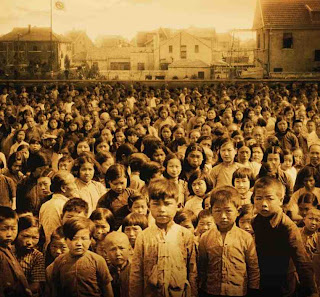

 You Know You Want Me
You Know You Want Me My Name Is Mukhsin
My Name Is Mukhsin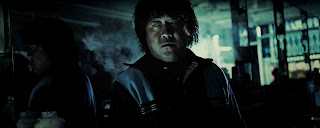 I'm Your Benefactor
I'm Your Benefactor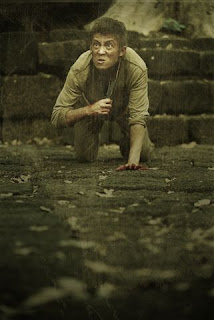 Woof!
Woof! A Good Meal After A Hard Night's Work
A Good Meal After A Hard Night's Work Nana and Ming Ming
Nana and Ming Ming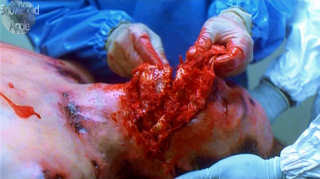 The Ebola Victim
The Ebola Victim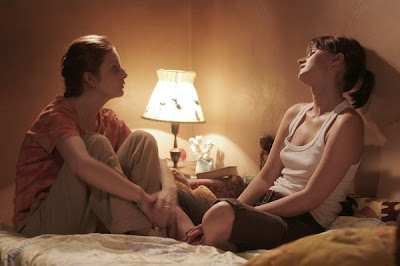
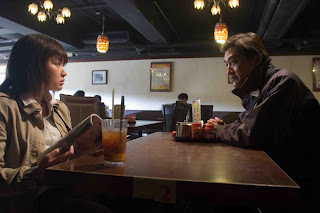 Are You Stalking Me?
Are You Stalking Me?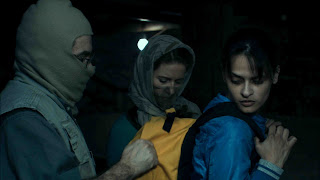 And I've Packed You a Happy Meal
And I've Packed You a Happy Meal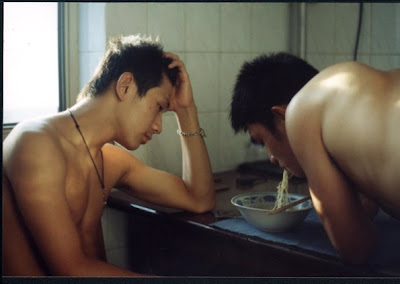
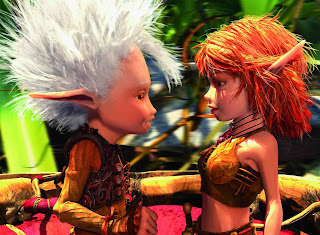 I'm Arthur. Who Are You?
I'm Arthur. Who Are You?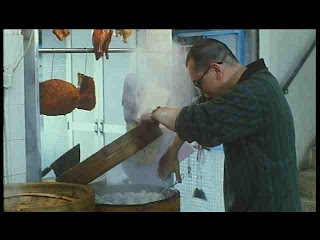 Good Stuff Cannot Bluff
Good Stuff Cannot Bluff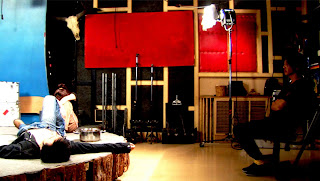 Lights Camera Action!
Lights Camera Action! Look Yonder
Look Yonder Will You Still Love Me Tomorrow
Will You Still Love Me Tomorrow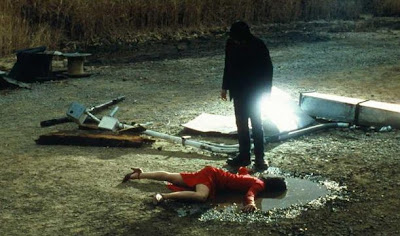
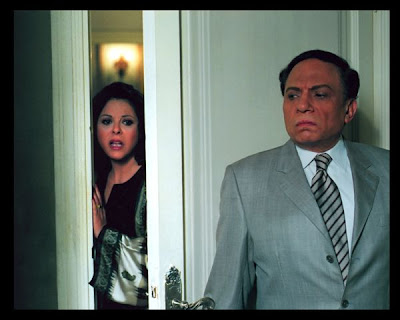

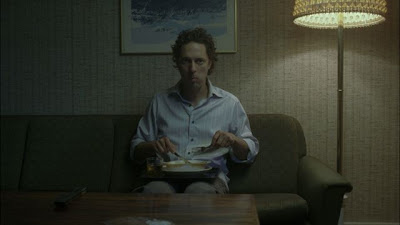
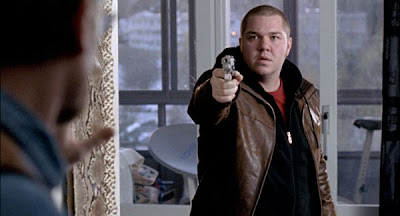
 I Want To Take Picture!
I Want To Take Picture! Hear Me Roar
Hear Me Roar




